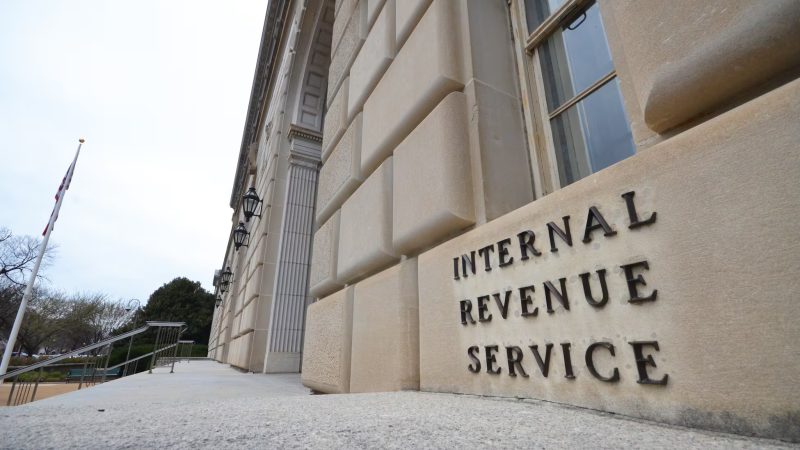The United States Internal Revenue Service (IRS) has released an updated draft of its crypto reporting form, intended for US taxpayers to use starting in 2026. The revised draft, published on August 8, outlines significant changes aimed at simplifying the process for reporting digital asset transactions.
The updated form, known as Form 1099-DA, titled “Digital Asset Proceeds From Broker Transactions,” will allow taxpayers to report their crypto transactions from 2025 by the filing deadline in April 2026, if it receives final approval from the IRS.
Key Changes in the Updated Draft Form
The latest draft of Form 1099-DA has removed several requirements that were included in the previous version released in April. Notably, it no longer asks taxpayers to identify the “broker type” for digital asset transactions. Additionally, the requirement to report the exact time of day a transaction occurred has been eliminated, with taxpayers now only needing to report the transaction date. The form has also done away with the need to provide wallet addresses and transaction IDs.
IRS Commissioner Danny Werfel emphasized that these updates aim to “provide more clarity for taxpayers and give them another tool to help them accurately report their digital assets transactions.” Many in the industry view these changes positively. K&L Gates attorney Drew Hinkes described the revised Form 1099-DA as “massively improved,” noting that it is “less burdensome” and demands “considerably less” data from taxpayers.
Industry Reaction and Next Steps
The revisions were well-received by industry representatives. Ji Kim, Chief Legal and Policy Officer for the Crypto Council for Innovation, praised the updates in an August 9 post on X (formerly Twitter), saying that these changes reflect the advocacy efforts of the Crypto Council and the broader industry.
The IRS has invited feedback on the draft form, giving taxpayers and industry stakeholders 30 days to submit comments. This opportunity for input follows criticism of the April draft, which many deemed overly stringent due to its requirements for precise time reporting and a broad scope of activities.
In a related development, the IRS released a final draft of its crypto broker reporting requirements in June. This version clarified that decentralized exchanges and self-custody wallets would not fall under the new rules. IRS Commissioner Werfel explained that these requirements are part of a broader effort to close the tax gap by preventing taxpayers from concealing taxable income.
